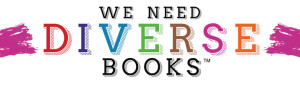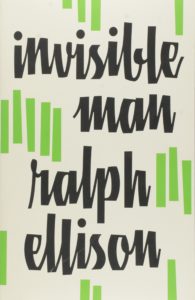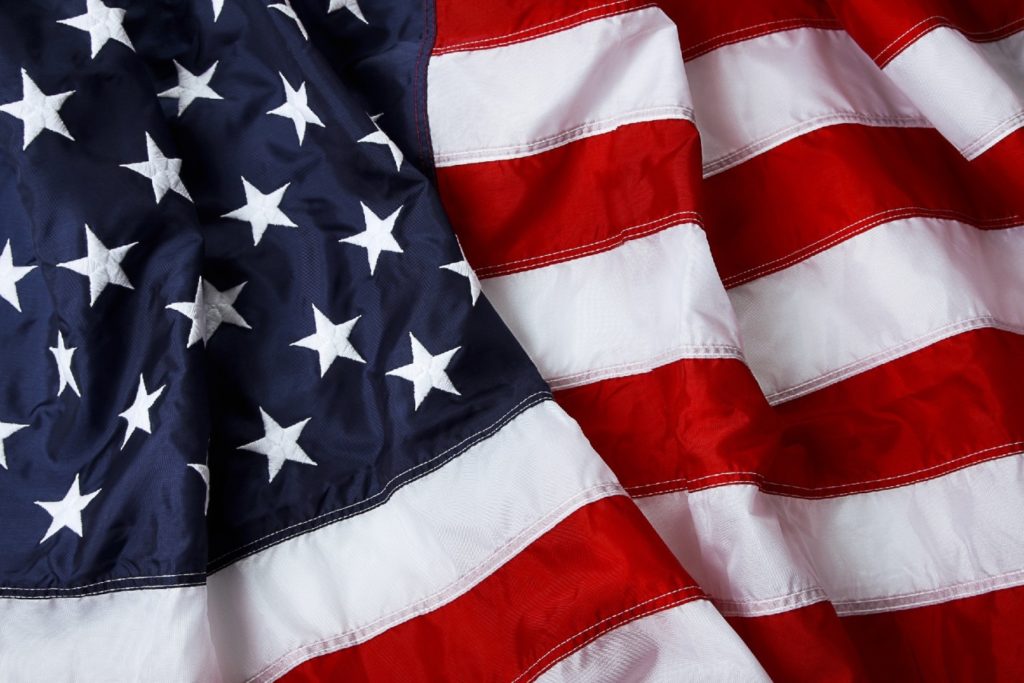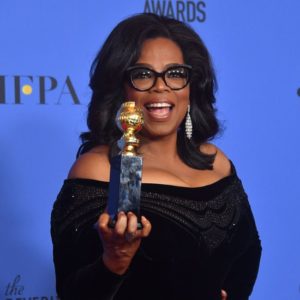Why More Books by Authors of Color Are Needed
 Recently, the Duluth, MN public school system decided to drop two American classics – To Kill a Mocking Bird and The Adventures of Huckleberry Finn – from its required reading list because of their liberal uses of the n-word.
Recently, the Duluth, MN public school system decided to drop two American classics – To Kill a Mocking Bird and The Adventures of Huckleberry Finn – from its required reading list because of their liberal uses of the n-word.
I agree with the books getting dropped, but not for the same reasons. Quite honestly, there are many classic books by black authors that also drop the n-word a lot, like Invisible Man, Native Son, and Their Eyes Were Watching God and many others. The two books in question written by Harper Lee and Mark Twain shouldn’t be removed because of the racial slur, but because they are outdated with problematic themes written from a white perspective.
When To Kill a Mocking Bird was published in 1960, it was groundbreaking because it was really the first book to address racism from a white liberal perspective. It became a symbol for white people who didn’t want to be lumped in with the KKK, Nazis and other white racists of the day. TKMB was like an earlier version of the #MeToo movement for white liberals. However, the book did jumpstart the white savior complex genre, which is when a book or film that is supposedly about racism really centers around a good-hearted white protagonist and the issues of people of color are an afterthought. The book should really be about Tom Robinson, a black man falsely accused of raping a white woman, but it is entirely focused on the feelings of Atticus Finch, the good white liberal who has to save helpless black people from themselves. We never know if Finch uses his white privilege to challenge the racist status quo beyond defending Robinson, but apparently, he turned out to be a racist in Go Set A Watchman. You can read more about white savior complex here.
As for Huckleberry Finn, while Twain was a brilliant social commentator, the portrayal of Jim and Tom are problematic and just downright offensive near the end of the book. If anything, the book reinforces some of the racist stereotypes of black people during the late 19th century.
Because these two books are still considered great American classics, they are still viewed as the best books for discussing race in the classroom. But in reality, they are not. It is hard to have meaningful discussions about race with these books in a classroom in 2018. I remember reading both of these books when I was high school 25 years ago, and my well-intentioned, white liberal teacher found it difficult to really have a thoughtful conversation about it because she didn’t want to talk about slavery or black men accused of raping white women.
The solution to this is not just hiring more teachers and administrators of color (which is a whole other conversation), but to also include more books written by authors of color in the curriculum. As the country becomes more multicultural, in order to truly address the racial realities in America, students need to read more books from the perspective of people of color. There are statistics to back up this problem. According to the Cooperative Children’s Book Center, out of 3,500 children’s books in schools surveyed in 2014, only 180 were about black people. The numbers are even worse for books about Hispanics, Asians and Native Americans. In 2016, out of 3,400 required reading books from around the country, only 441 of them were written by authors of color (This number is black, Hispanic, Asian and Native American writers combined). And this is in a country that will be minority-majority in 2050!
A couple of years ago, I wrote about my friend, Reginald, who is a gay, black man who works in a publishing firm that puts out young adult books. He had an even more radical take on diverse reading than even I was thinking: “Schools should put a moratorium by dead, straight, white guys, at least at the high school level. High school is a great time to expose students to diverse ideas and views since teenagers are beginning to develop their own identities and perspectives.”
As for his own reading habits: “I don’t read books by white guys anymore. Those books don’t reflect my life, my color, my culture, my masculinity or my sexuality.”
It would be great if school districts included Ta-Nehisi Coates’s Between the World and Me and Angie Thomas’s The Hate U Give as required reading, but that is me thinking out loud. Again, I am not for removing or banning all books from a white perspective, but it is time to include more books from diverse perspectives.


